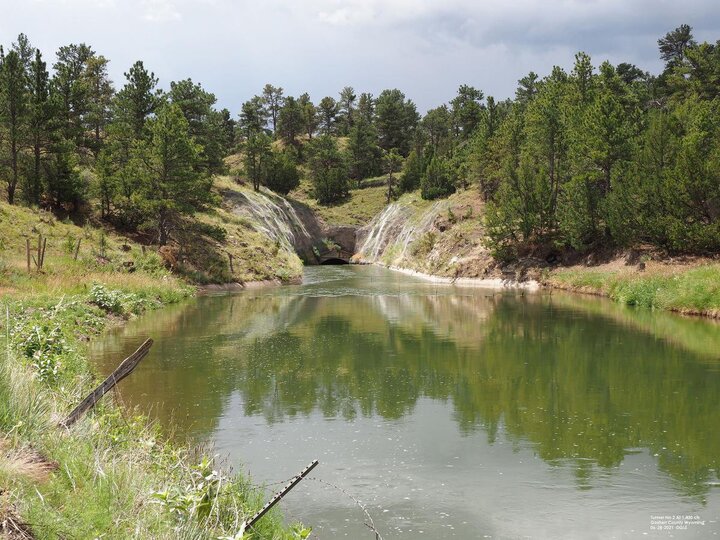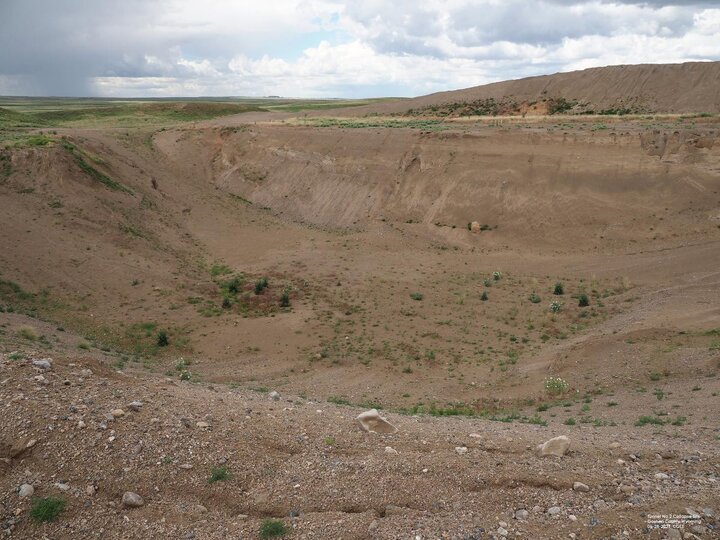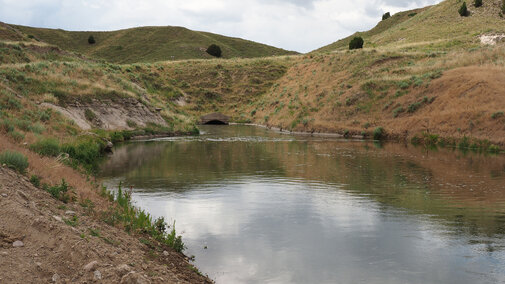Irrigation is in full swing for the North Platte Valley in the Panhandle of Nebraska.
Water deliveries by the four major irrigation districts (Pathfinder, Gering-Fort Laramie, Goshen and Farmers) are expected to be near normal. The districts hope to deliver water to growers through the first week in September.


All of that depends on what Mother Nature brings. In the event of higher-than-normal temperatures for an extended time period, the irrigation districts might need to allocate water or cut back on the number of days water is delivered.
The major drawback to all of this is that much of the water in storage in mainstem reservoirs in Wyoming will be used up this year, leaving a lesser amount in the reservoirs for the 2022 growing season. An above-normal snowpack and runoff in the mountains will be needed to fill the reservoirs.
After the collapse of Tunnel No. 2 on the Goshen/Gering-Fort Laramie main canal in 2019, temporary repairs were made to Tunnels No. 1 and 2. Steel “ribs” were installed inside the tunnels to give support to the concrete tunnel walls.
Installation of the ribs restricted water flow to 80%-85% of full capacity, and water flow for the 2020 growing season was reduced to approximately 1,200 cubic feet per second (cfs).
During the winter of 2020-21, metal sheeting was installed over the ribs to decrease water turbulence and increase flow through these tunnels. The tunnels are now flowing at 1,400 cfs, which is 97% of their previous maximum capacity of 1,450 cfs.
Permanent repairs to the tunnels still have to be completed, the final plans pending approval from the U.S. Bureau of Reclamation.

